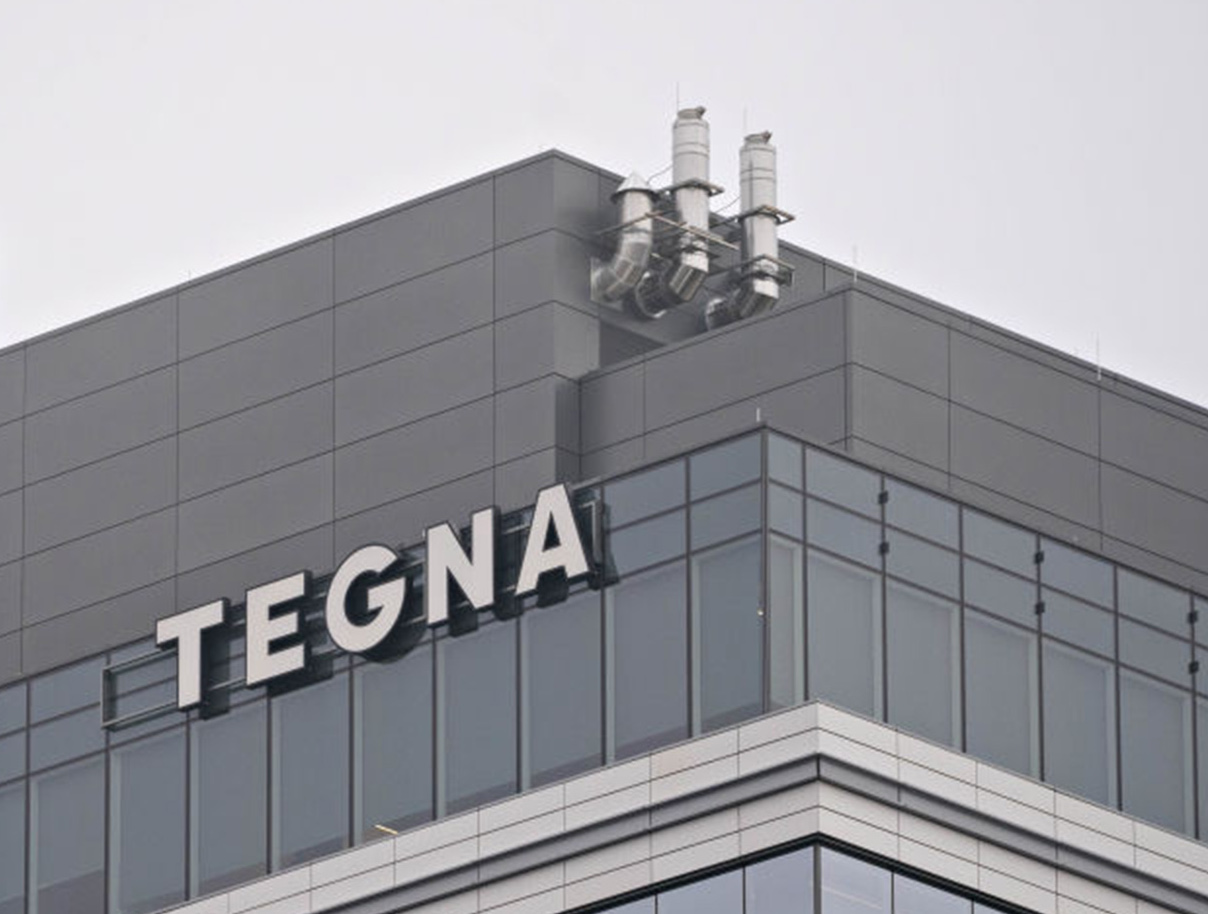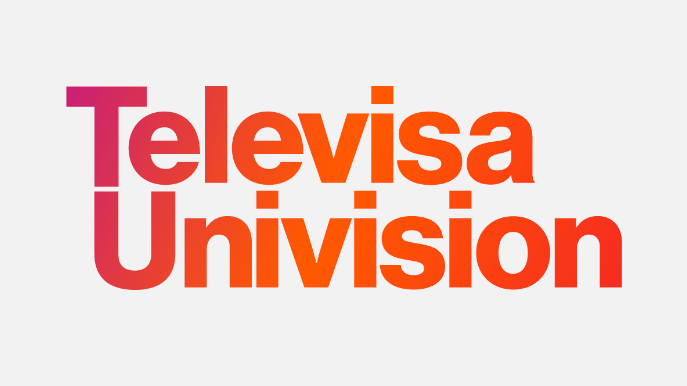FCC Seeks More Tegna Deal Documents
The FCC has asked for more information relating to potential staff cuts, presentations to financial institutions and local news operations

WASHINGTON D.C.—The FCC has asked for a wide range of new documents as part of its assessment of the $8 billion merger of Apollo Global Management, Standard General L.P., and Tegna.
The merger has been criticized by pay TV providers for potentially giving the station group too much power in transmission consent negotiations and by public interest groups and unions as potentially hurting local news coverage.
Standard General has pushed back against those arguments in filings with the FCC, contending that its “proposed acquisition of Tegna and the related transactions, including Standard General’s sale of eight TV stations to CMG [Cox Media Group], will yield significant public interest benefits without any countervailing public interest harms.”
In an Sept. 30 statement emailed to TV Tech, Standard General said “Standard General, who will be the sole owner of Tegna, has consistently confirmed that its plans for post-closing TEGNA do not involve station-level layoffs”
In another email statement regarding the ongoing FCC process, Deb McDermott, the future CEO of Tegna said that “We just wish to be treated like everyone else.”
In its request for additional documents, FCC asked for financial documents presented to financial institutions and potential lenders that could shed light on potential staff cuts and investment plans. It is also asking for detailed information on local news operations, retransmission consent negotiations and the merger agreements.
At the very minimum, the new document requests indicate that the FCC may not approve the deal before the end of October and that the process could drag on beyond that. The deadline for the new documents is October 13.
The professional video industry's #1 source for news, trends and product and tech information. Sign up below.
If the proposed $8 billion merger of Apollo Global Management (AGM), Standard General L.P., and Tegna is approved, Standard General would acquire Tegna’s 61 full power television stations and two radio stations across 50 markets. Apollo will control the licenses of 31 full-power television stations in 26 markets and 54 radio stations in 11 radio markets.
More specifically, the FCC is asking for this information:
- “All documents, including presentations to AGM and any other financial lending or investment institutions, addressing each company’s evaluation of this transaction (as well as alternative transactions considered among the companies), the motivating reasons for each company joining in the transaction, the reasons why the transaction would be advantageous to each company, and, specifically, documents discussing the cutting of staff, the diminution or displacement of local content, and the expansion of national content;
- All documents, including without limitation offering memoranda or prospectuses, used to secure funding, or to market to, or discuss the proposed transactions with, prospective investors;
- All analyses supporting or quantifying the Applicants’ contention that the transaction will facilitate investment in local content and production capabilities, including specific business synergies and efficiencies that will facilitate such investment or otherwise aid the operation of Standard General and CMG [Cox Media Group] were the transaction to be consummated;
- All analyses and documents relating to projected future capital expenditures, personnel headcounts, and programming plans for each of the broadcast stations included in the Applications;
- For each station acquired by Standard General or CMG within the last five years, provide documentation and data with respect to the addition of local and news programming, specifically breaking out, for each station, the weekly addition (or loss) of hours of (a) local news, (b) other local programming, and (c) news and interest segments not originated by the station. Provide documents or, if not otherwise available in document form, a narrative response describing the relationship between centrally originated programming by Standard General and CMG and any requirements for local stations to air such programming, including without limitation any written agreements or correspondence between Standard General and CMG and the stations with respect to such programming;
- Describe in detail how a Washington, D.C. newsroom will be integrated with local stations and the extent of local station editorial control over resulting news coverage; provide all documents relating to any such proposed integration.
- All documents concerning any actual or potential consolidation of news operations or services, including impacts on personnel headcounts;
- All analyses and documents relating to Standard General’s review of the CMG retransmission agreements currently in place, including calculations of post-transaction rate increases, or, alternatively, a statement that Standard General has not reviewed such agreements;
- All correspondence from Deborah McDermott or other Standard General executives to TEGNA employees addressing how the proposed transaction may affect staffing or conditions of employment.”
The FCC is also asking for he following schedules to the Merger Agreement:
- “Section 4.2 - Capital Stock and Indebtedness
- Section 4.4(a) - Consents and Approvals; No Violations
- Section 4.4(b) - Consents and Approvals; No Violations
- Section 4.11(a) - Employee Benefits Plans
- Appendix 4.11(a)(i) Appendix 4.11(a)(ii) Section 4.11(e) - Multiemployer Plans
- Section 4.11(g) - Post-Employment Benefits
- Section 4.15(a)(iii) - Tax Matters
- Section 4.16 - Employment and Labor Matters
- Appendix 4.16(c)
- Section 4.20 - MVPD Matters
- Section 4.21 - Finders or Brokers Section 6.5(a) - Employee Matters
- Section 6.6(e) - Regulatory Approvals, Efforts”
In addition it has requested the following schedules to the Contribution Agreement:
- “Section 1.01 - Permitted Liens
- Section 3.04 - FCC and Programming Distribution Matters
- Section 3.13 - Financial Statements
- Section 4.05 - FCC and Programming Distribution Matters
- Section 4.06 - Taxes
- Section 4.12 - Employees; Labor Matters; Employee Benefit Plans
- Section 4.15 - Financial Statements”
George Winslow is the senior content producer for TV Tech. He has written about the television, media and technology industries for nearly 30 years for such publications as Broadcasting & Cable, Multichannel News and TV Tech. Over the years, he has edited a number of magazines, including Multichannel News International and World Screen, and moderated panels at such major industry events as NAB and MIP TV. He has published two books and dozens of encyclopedia articles on such subjects as the media, New York City history and economics.

